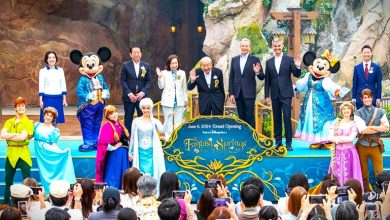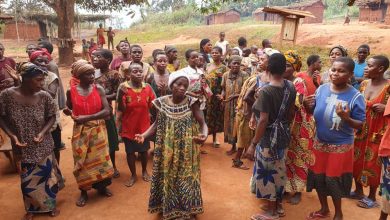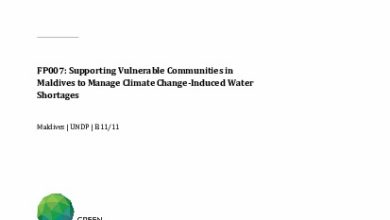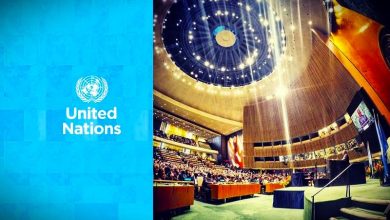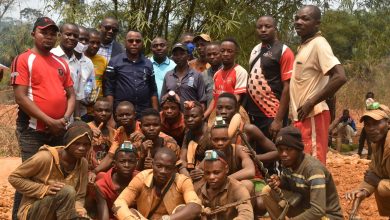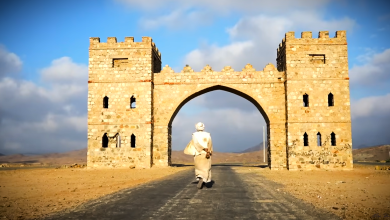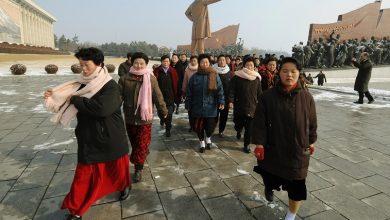Communities of Ethiopia: Diverse Cultures and Traditions
Ethiopia is a land of diverse communities. Each community has its unique culture and traditions. In this blog, we will explore some of these communities.
1. Amhara Community
The Amhara people live in the central highlands of Ethiopia. They speak the Amharic language. This is also the official language of Ethiopia.
Amhara people are known for their farming skills. They grow crops like teff, barley, and wheat. They also have a rich cultural heritage. Their traditional music and dance are very popular.
2. Oromo Community
The Oromo people are the largest ethnic group in Ethiopia. They speak the Oromo language. They mainly live in the central and southern parts of the country.
Oromo people have a strong sense of community. They follow a traditional system called “Gadaa.” This system helps them govern their society.
Learn about different communities at www.ccnworlds.com/category/world-community.
3. Tigray Community
The Tigray people live in the northern part of Ethiopia. They speak the Tigrinya language. Tigray is known for its ancient history and monuments.
The people of Tigray are very proud of their heritage. They celebrate many traditional festivals. One of the most important festivals is “Meskel.” It marks the finding of the True Cross.
4. Sidama Community
The Sidama people live in the southern part of Ethiopia. They speak the Sidamo language. Sidama is known for its coffee plantations.
Sidama people are famous for their coffee. They have a special way of preparing it. Coffee ceremonies are an important part of their culture.
5. Gurage Community
The Gurage people live in the southwestern part of Ethiopia. They speak the Gurage language. Gurage people are known for their hard work and entrepreneurship.
Gurage cuisine is very unique. One of their famous dishes is “Kitfo.” It is made from raw minced meat. They also make a special bread called “Kocho.”
6. Somali Community
The Somali people live in the eastern part of Ethiopia. They speak the Somali language. Somali people have a rich cultural heritage.
They are known for their poetry and storytelling. They also have a strong tradition of camel herding. Camels are very important in Somali culture.
7. Afar Community
The Afar people live in the northeastern part of Ethiopia. They speak the Afar language. Afar people are known for their nomadic lifestyle.
They move from place to place with their livestock. The Afar region is very hot and dry. Despite this, the Afar people have adapted well to their environment.

Credit: www.thecircleway.net
8. Hamer Community
The Hamer people live in the southwestern part of Ethiopia. They speak the Hamer language. Hamer people are known for their unique customs and traditions.
One of their famous traditions is the “Bull Jumping” ceremony. Young men must jump over bulls to prove their manhood. This is a rite of passage in their culture.

Credit: medium.com
9. Wolayta Community
The Wolayta people live in the southern part of Ethiopia. They speak the Wolayta language. Wolayta people are known for their vibrant culture.
They have a rich tradition of music and dance. One of their famous dances is the “Wolayta dance.” It is performed during festivals and celebrations.
10. Konso Community
The Konso people live in the southwestern part of Ethiopia. They speak the Konso language. Konso people are known for their terraced farming.
They build stone terraces to grow crops on hillsides. This helps prevent soil erosion. Konso people also have unique wooden carvings. These carvings are called “Waka.”
11. Bench Community
The Bench people live in the southwestern part of Ethiopia. They speak the Bench language. Bench people are known for their traditional crafts.
They make beautiful baskets and pottery. Bench people also have a rich musical tradition. They play traditional instruments like the “Masanqo.”
12. Karo Community
The Karo people live in the southwestern part of Ethiopia. They speak the Karo language. Karo people are known for their body painting.
They use natural pigments to paint their bodies. This is done during ceremonies and festivals. Karo people also have unique hairstyles. They use clay and feathers to style their hair.
13. Bodi Community
The Bodi people live in the southwestern part of Ethiopia. They speak the Me’en language. Bodi people are known for their cattle herding.
Cattle are very important in their culture. They also have a unique tradition called “Ka’el.” This is a fattening ceremony for young men.
14. Mursi Community
The Mursi people live in the southwestern part of Ethiopia. They speak the Mursi language. Mursi people are known for their lip plates.
Women wear large clay plates in their lower lips. This is a sign of beauty and social status. Mursi men are also known for their stick fighting. This is a traditional sport in their culture.
15. Nuer Community
The Nuer people live in the southwestern part of Ethiopia. They speak the Nuer language. Nuer people are known for their cattle culture.
Cattle are very important in their society. They use cattle for food, clothing, and ceremonies. Nuer people also have a strong tradition of oral history. They pass down stories from generation to generation.
Frequently Asked Questions
What Are The Major Communities In Ethiopia?
Ethiopia has diverse communities like Oromo, Amhara, Tigray, and Somali. Learn about different communities at www. ccnworlds. com/category/world-community.
How Many Ethnic Groups Are In Ethiopia?
Ethiopia is home to over 80 ethnic groups. Discover more at www. ccnworlds. com/category/world-community.
What Language Is Spoken In Ethiopia?
Amharic is the official language, but many other languages are spoken. Explore more at www. ccnworlds. com/category/world-community.
What Is Unique About Ethiopian Culture?
Ethiopian culture is rich in history, music, and dance. Read more at www. ccnworlds. com/category/world-community.
Conclusion
Ethiopia is a land of diverse communities. Each community has its own unique culture and traditions. We hope you enjoyed learning about these communities. To learn more about different communities, visit www.ccnworlds.com/category/world-community.

